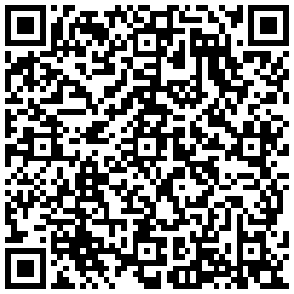In Ontario, where I'm currently staying, a "vaccine passport" program went into effect two days ago. I just ate at a restaurant which didn't check for one but in principle they all have to. In Alberta, which has been much less careful, business can choose whether to check for vaccine passports or operate at a lower capacity. And in the United States, the recent executive order is forcing vaccine hesitant employees to take a rapid test once per week or finally get the vaccine.
Critics of these measures have tried to make them look more extreme by pointing out that there are European countries with no vaccine mandates whatsoever. What they forget to mention is that vaccine passports were only proposed out of necessity. If a country doesn't use them, this is more than likely because citizens welcomed the vaccine with open arms.
I have tried to find fault with vaccine passports many times but I keep coming up short. The billionaires most guilty of hoarding wealth are hoping that the appalling gains they've made off this pandemic will continue afterwards. The e-learning companies, which also saw a boom, are hoping that their newest exploitative practices enjoy a similar longevity. Could it be that discrimination based on immunization status is also part of a creeping erosion of civil liberties? I just can't get there. Every vaccine administered raises a vulnerable person's chances of survival. Letting members of our communities know that we've extended this courtesy is something we should be doing anyway. Overcoming the logistical hurdles in doing so is why we have elected officials.
All this is to say that I support the principle of vaccine mandates. But an implementation which thinks it's a good idea to use barcodes like this one risks doing more harm than good.
